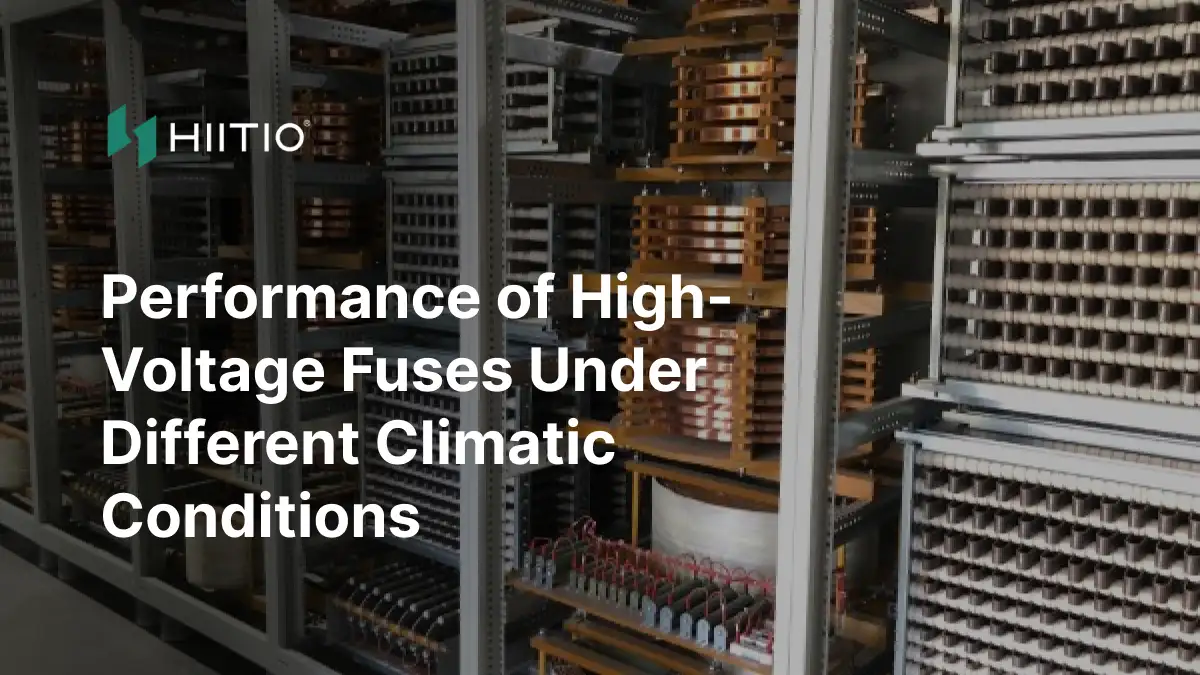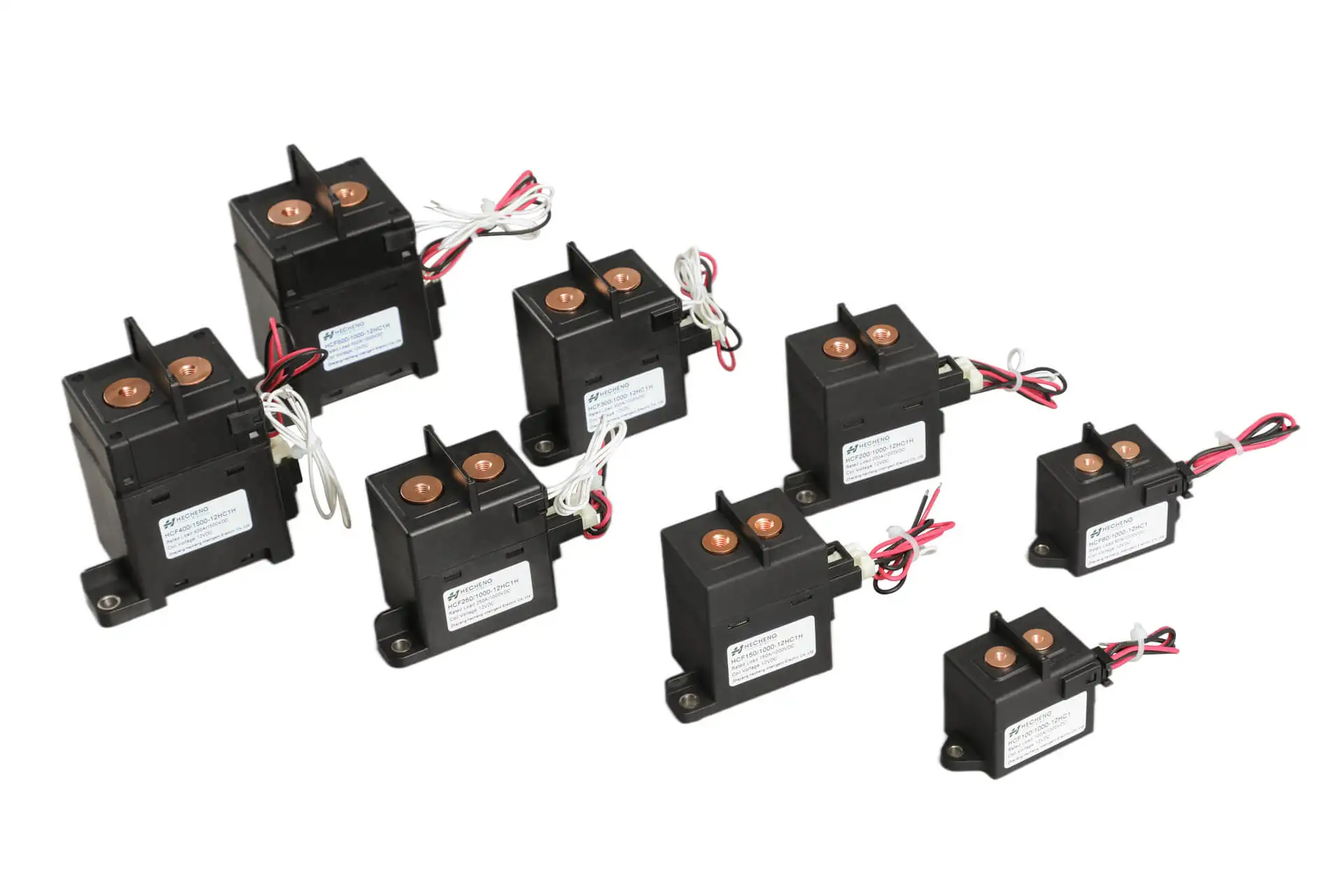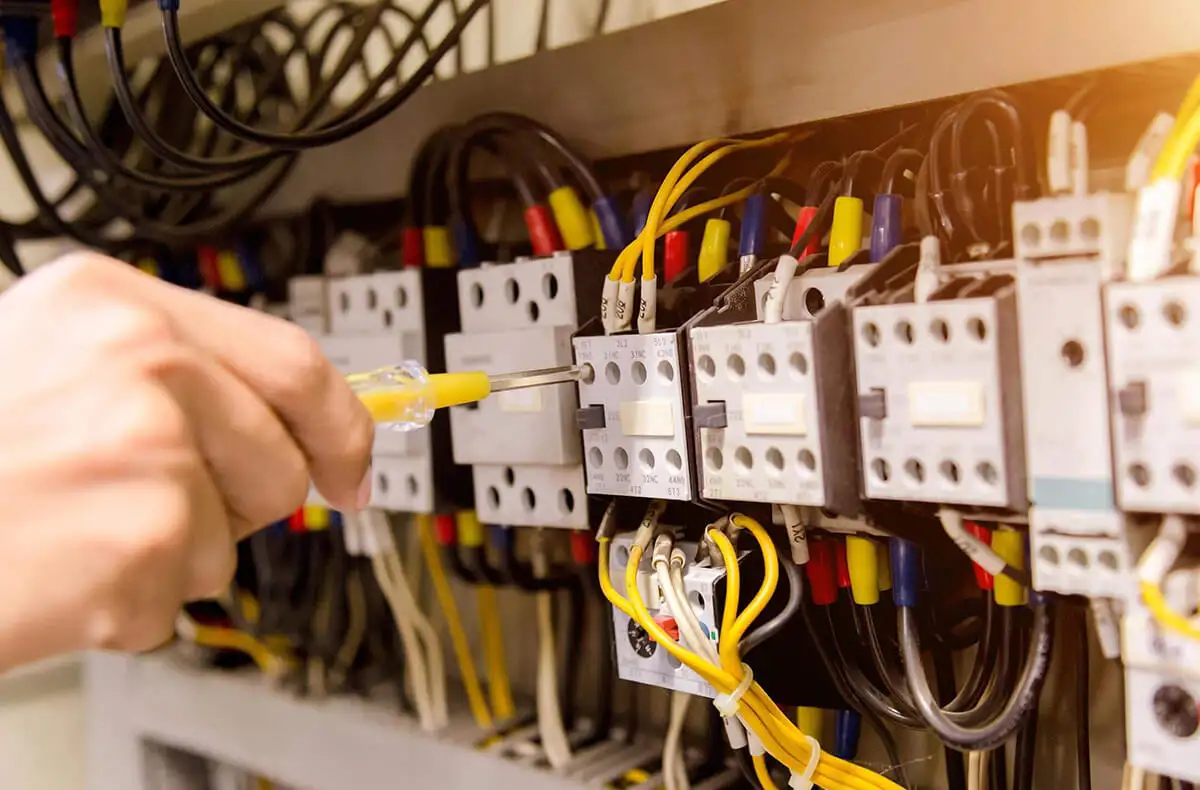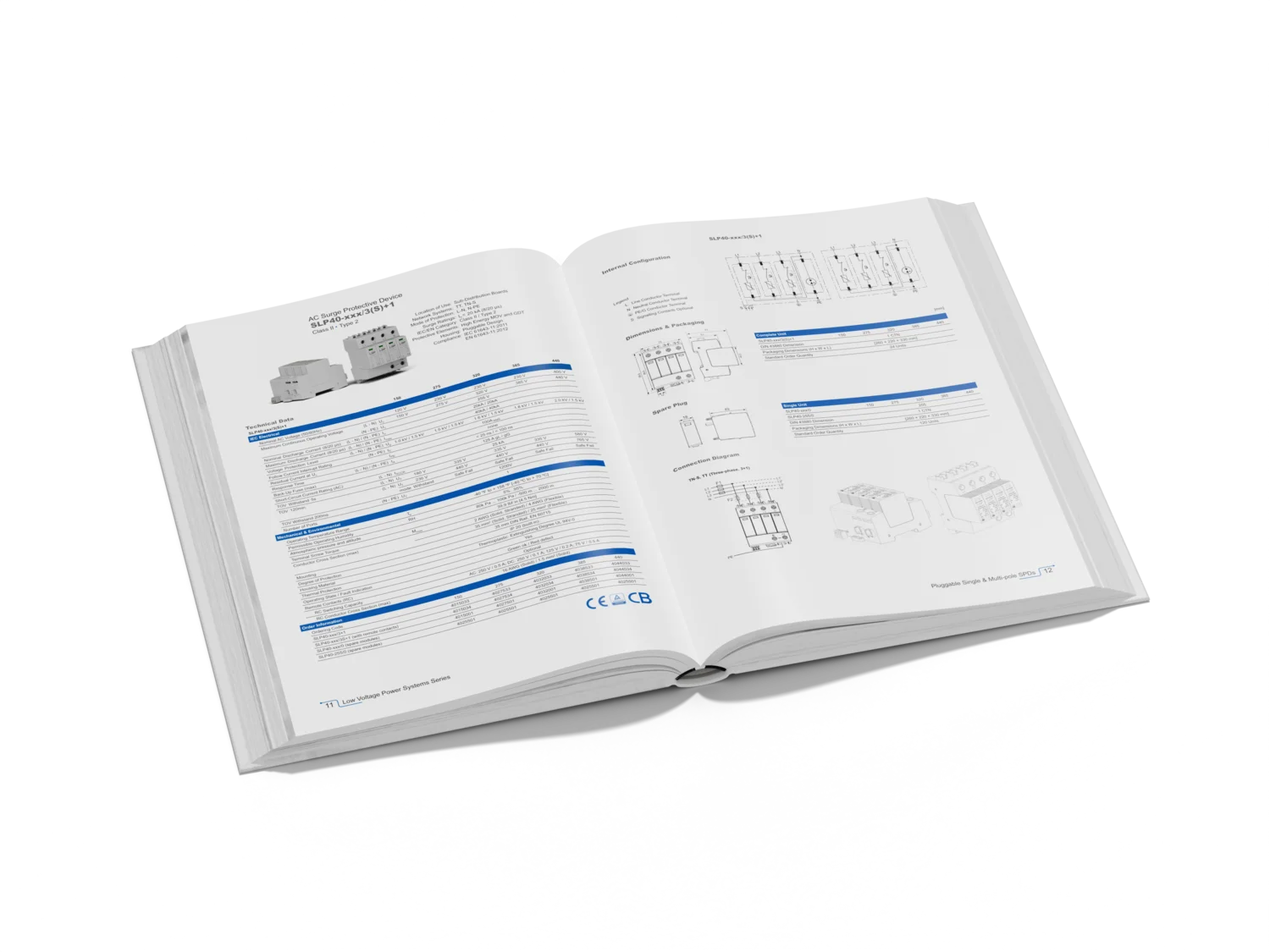High-voltage fuses are critical components in power distribution systems, designed to protect electrical circuits from overcurrents and short circuits. These devices must reliably operate under various climatic conditions to ensure the safety and stability of power systems. The performance of high-voltage fuses can be significantly influenced by environmental factors such as temperature, humidity, altitude, and pollution levels. This article explores how different climatic conditions affect the performance of high-voltage fuses and discusses measures to mitigate these effects.
Temperature
Temperature variations can have profound impacts on the performance of high-voltage fuses. At high temperatures, the resistance of the fuse element increases, which can lead to premature aging and potential failure under normal operating conditions. Conversely, at low temperatures, the material of the fuse element becomes more brittle, increasing the risk of mechanical failure during an overcurrent event.
High-Temperature Effects
Increased Resistance: As temperature rises, the electrical resistance of the fuse element also increases. This can cause the fuse to operate at a higher temperature, accelerating the aging process and reducing its lifespan.
Degradation of Insulation: High temperatures can degrade the insulation materials within the fuse, potentially leading to dielectric breakdown and failure of the fuse.
Thermal Expansion: Differential thermal expansion of fuse components can cause mechanical stresses, leading to potential misalignment and failure.
Low-Temperature Effects
Brittleness: Materials, especially metals, can become brittle at low temperatures, increasing the risk of fracture under mechanical or thermal stress.
Delayed Operation: At extremely low temperatures, the fuse’s response time may be delayed due to increased resistance at the contact points.
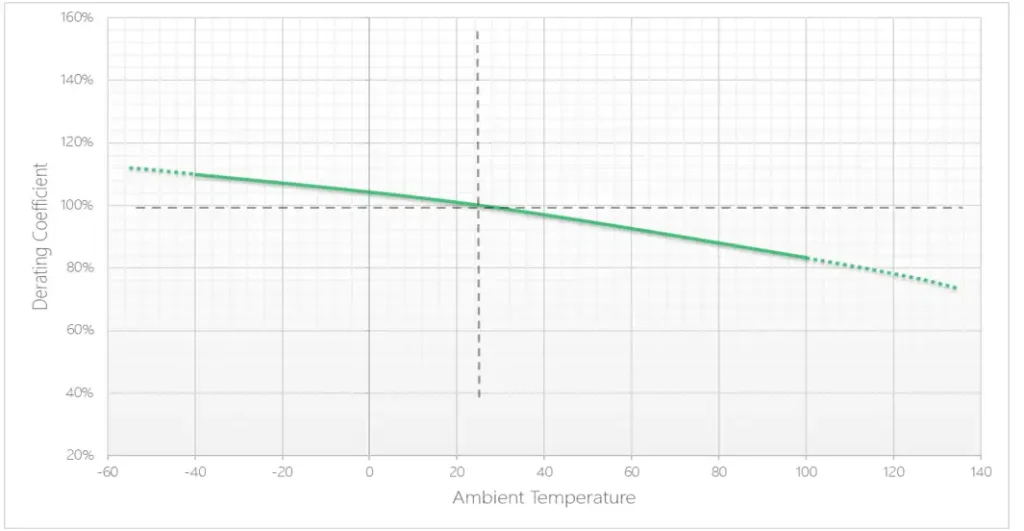
Figure 1:High-voltage fuse in various temperatures
Mitigation Strategies
Material Selection: Using materials with stable properties over a wide temperature range can help mitigate the effects of temperature variations.
Design Adjustments: Incorporating thermal expansion joints and using appropriate insulation materials can enhance performance under extreme temperatures.
Environmental Controls: In critical applications, environmental controls such as heating elements or cooling systems can be used to maintain optimal operating conditions.
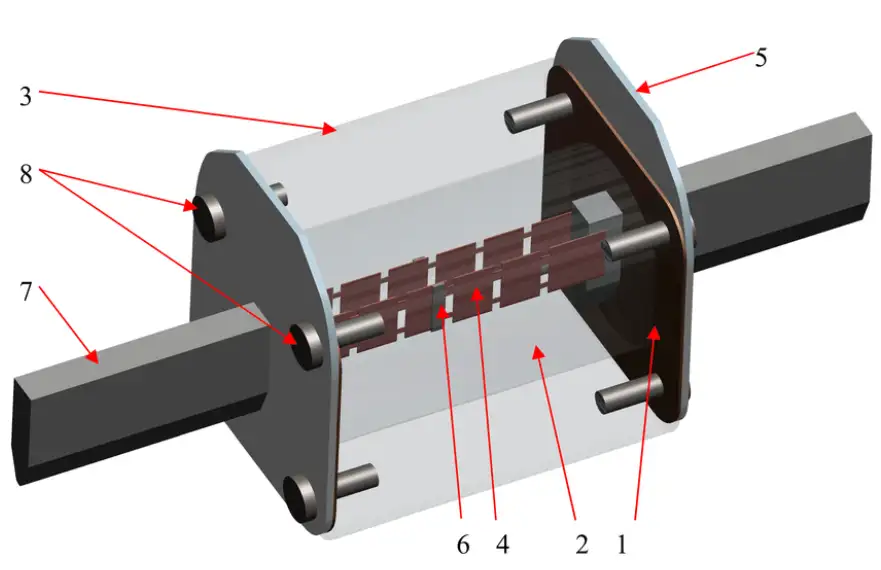
Figure 2:Thermal model (1-inner cap; 2-silica sand; 3-ceramic body; 4-fuse link; 5-outer cap; 6-alloy M-effect; 7-knife contact; 8-screws).
Humidity
Humidity levels can also impact the performance of high-voltage fuses. High humidity can lead to the condensation of water inside the fuse, potentially causing electrical tracking and corrosion of the fuse elements and contacts.
High Humidity Effects
Electrical Tracking: Moisture can create a conductive path on the surface of insulating materials, leading to electrical tracking and potential short circuits.
Corrosion: High humidity accelerates the corrosion of metal parts, weakening the fuse element and compromising its performance.
Insulation Degradation: Prolonged exposure to high humidity can degrade insulating materials, reducing their dielectric strength and increasing the risk of failure.
Mitigation Strategies
Sealed Enclosures: Using hermetically sealed fuse enclosures can prevent moisture ingress and protect the internal components from humidity.
Anti-Corrosive Coatings: Applying anti-corrosive coatings to metal parts can reduce the impact of humidity-induced corrosion.
Dehumidifiers: In environments with consistently high humidity, dehumidifiers can be used to maintain acceptable moisture levels.
Altitude
Altitude affects the performance of high-voltage fuses primarily through the reduction in air pressure and density, which can impact the cooling and dielectric properties of the surrounding air.
High Altitude Effects
Reduced Cooling: Lower air density at high altitudes reduces the cooling efficiency, causing the fuse to operate at higher temperatures.
Dielectric Strength: The dielectric strength of air decreases with altitude, increasing the risk of arcing and flashovers.
Arc Extinction: The reduced air pressure affects the ability to extinguish an arc, potentially leading to prolonged arcing and damage to the fuse and surrounding equipment.
Mitigation Strategies
Enhanced Cooling: Design fuses with improved cooling mechanisms, such as heat sinks or forced air cooling, to compensate for reduced cooling efficiency at high altitudes.
Improved Insulation: Use insulating materials with higher dielectric strength to prevent arcing and flashovers.
Altitude Rating: Specify altitude ratings for fuses to ensure they are suitable for operation at the intended installation altitude.
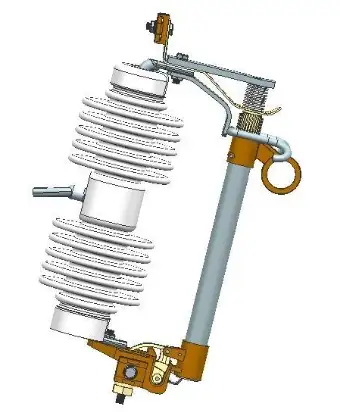
Figure 3:High-voltage fuse in high altitude installation
Pollution Levels
Pollution, particularly in industrial and urban areas, can have detrimental effects on high-voltage fuses. Contaminants such as dust, salt, and chemical residues can accumulate on the fuse surface, leading to insulation degradation and electrical tracking.
Pollution Effects
Surface Contamination: Accumulation of pollutants on the fuse surface can lead to electrical tracking and potential short circuits.
Corrosive Damage: Chemical pollutants can cause corrosive damage to the fuse elements and contacts, compromising their integrity.
Insulation Breakdown: Pollutants can degrade the insulating materials, reducing their effectiveness and increasing the risk of failure.
Mitigation Strategies
Regular Maintenance: Implement regular cleaning and maintenance schedules to remove contaminants from the fuse surface.
Protective Coatings: Apply protective coatings to the fuse and its components to shield against pollutants.
Pollution-Resistant Designs: Use designs specifically tailored to withstand polluted environments, such as enhanced sealing and robust insulating materials.
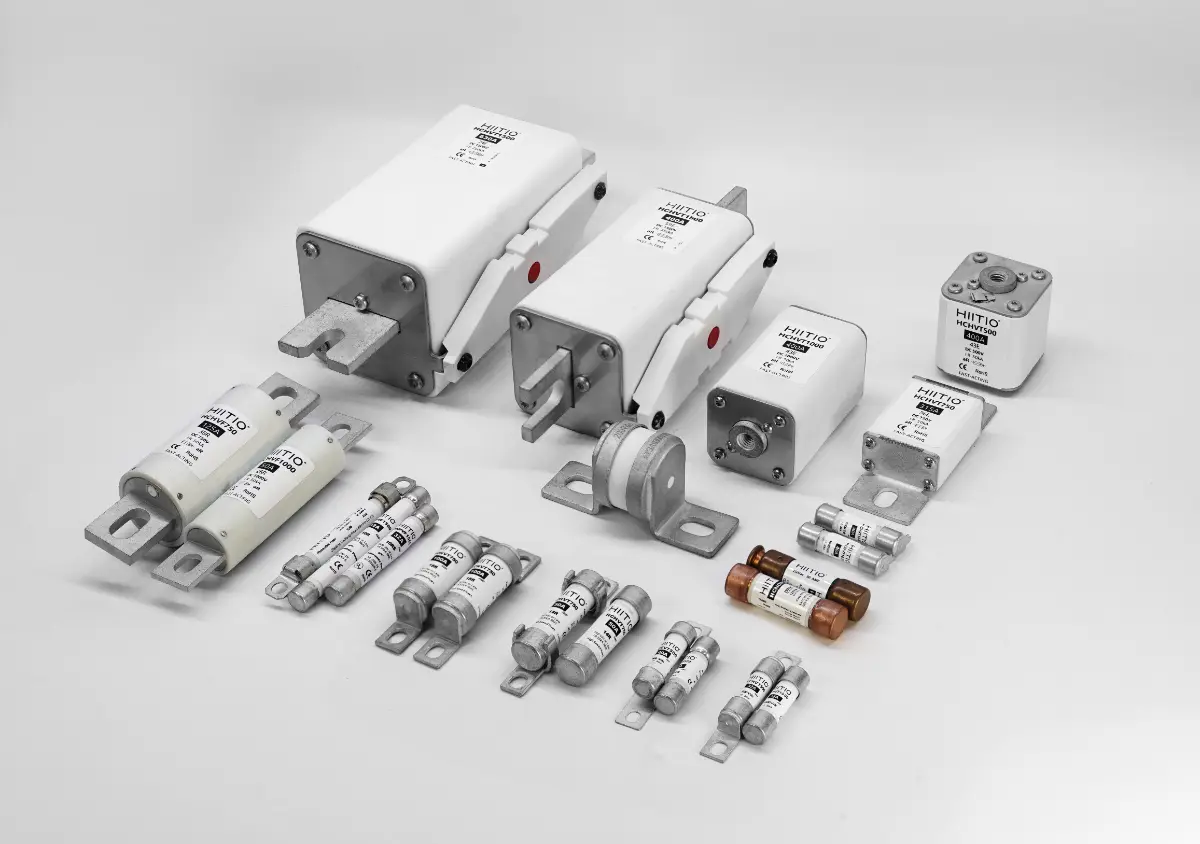
Get Your High Voltage Fuse Solution
Conclusion
High-voltage fuses must operate reliably under a wide range of climatic conditions to ensure the safety and stability of power distribution systems. Temperature, humidity, altitude, and pollution levels are key environmental factors that can significantly impact fuse performance. By understanding these effects and implementing appropriate mitigation strategies, the reliability and lifespan of high-voltage fuses can be enhanced, ensuring continuous and safe operation of electrical systems.
Incorporating advanced materials, innovative designs, and environmental controls are essential steps in optimizing the performance of high-voltage fuses under diverse climatic conditions. This proactive approach not only enhances safety but also reduces maintenance costs and improves the overall efficiency of power distribution networks.

